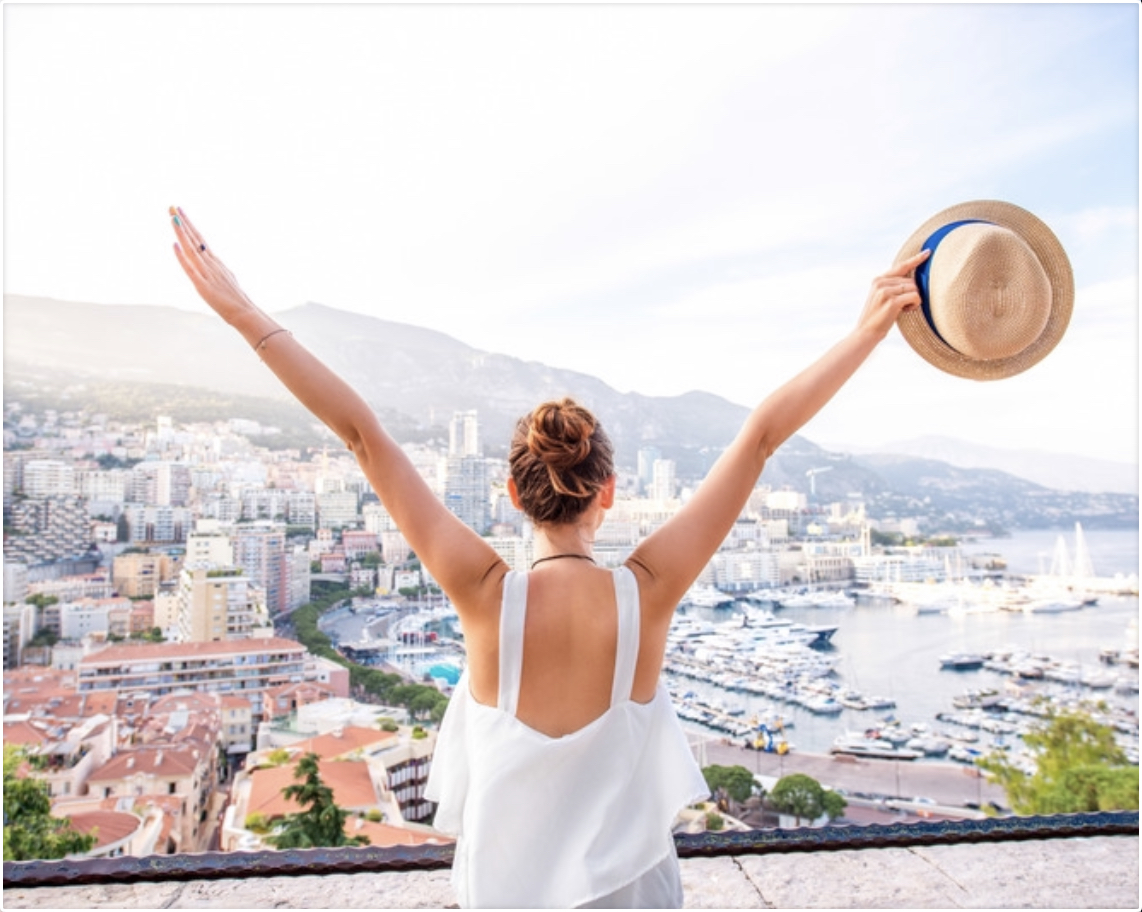Recently at our Insider Journey retreat at Mii amo, in Sedona, I gave a talk on where to travel in 2020. I began by explaining that for me, one of the best parts of travel is not being a tourist (someone who follows a beaten path with many others), but being an explorer (someone who is open to learning new things about the world, the people in it and about themselves). But I am also conscious, as we enter a new decade, that travel anxiety is steadily building. Between worries about the spread of coronavirus in Asia and beyond, protests erupting around the world, growing concerns about overtourism, climate change and rising tensions in the Middle East, who wouldn’t think twice about venturing out? Yet as I’ve continued to travel in these turbulent times, I am constantly reminded of why it is so essential that we not succumb to fear and instead embrace a new travel imperative.
Last fall, just before I left for trips to Russia and Turkey, the news was filled with stories on the rising tensions between our government and both the Russians and the Turkish. “Do you think it is a good idea to go?” people asked me before both trips. Friends in St. Petersburg and in Istanbul had assured me that all was calm in their cities. And as soon as I arrived in both, I was struck by how similar the energy felt to New York; neighborhoods were buzzing with people sitting at outdoor cafés and strolling in the streets, enjoying the warm weather. What a contrast the reality was to the perception conveyed in the news. Over meals, we met locals who expressed concern about their governments’ policies, as well as regional tensions, but we also talked about art, food, music and family, and what struck me most was how similar our worries, hopes, dreams and pleasures were and how much we had in common. Yes, I was reminded, it is imperative that we keep traveling, connecting, supporting each other.
A few days later as I prepared to take another group to Ethiopia, protests broke out in Addis Ababa. Again, we checked with locals who reassured us and we arrived to find the city bustling with activity and no sign of unrest. We spent an incredible nine days visiting early Christian rock churches in the north and Lalibela, where we joined a holy festival before we headed south to the Omo Valley to stay in a camp with the Kara people. There we encountered customs very different from our own—scarification for beauty and initiation rites before marriage—but it was thrilling to bear witness to ancient tribal customs. As anthropologist Wade Davis, an ardent supporter of cultural diversity, has said, “the world in which you were born is just one reality. Other cultures are not failed attempts at being you: they are unique manifestations of the human spirit.”
One of the best ways to experience a place—to truly be an explorer—is to visit a place at a particular moment in time. I have visited Berlin, when the Wall was just coming down, or Cuba when it was just opening up and I was able to go to South Africa right after the end of Apartheid and to Vietnam soon after it finally normalized relations with the West. Or sometimes it is just going to a place where nature is still so pure and unspoiled that it feels like winding back the clock; that’s how I felt the first time I went to Namibia and Bolivia. In circumstances of great change or emergence, the people are eager to engage and share their stories, so you can get beneath the surface and feel the soul of the place.
So what is the new travel imperative? That we have to commit to being part of a global community and to keep venturing out, to engage, people-to-people. That we remember the news presents but one slice and doesn’t tell the complete story. And that we have to be our own witnesses and connect with people, so that places keep their human faces and personal stories and don’t get obscured by agendas. I was lucky enough to travel to Iran a number of years ago, and now, when I think of that country, it is not the media portrayal—the rhetoric of governments or “Death to America” chants—but the individual people that I met on the streets, in the museums and in the parks: veiled women who talked about their families, fashion or love of poetry; young men who wanted to make films or took part in weekly wrestling; and older men who had studied our constitution or a doctor who raised honey bees. It is the people in Iran that make me hope that our governments don’t escalate tensions and can find a way to peacefully resolve our differences. Yes, it is imperative that we keep traveling, connecting, supporting each other.
Melissa Biggs Bradley is a travel expert and owner of Indagare, a digital travel company that combines curated content with high-touch service.
Please go to nslexperience.com and follow @nslexperience to learn more and come along on the learning journey with us!
Follow us here and subscribe here for all the latest news on how you can keep Thriving.
Stay up to date or catch-up on all our podcasts with Arianna Huffington here.



